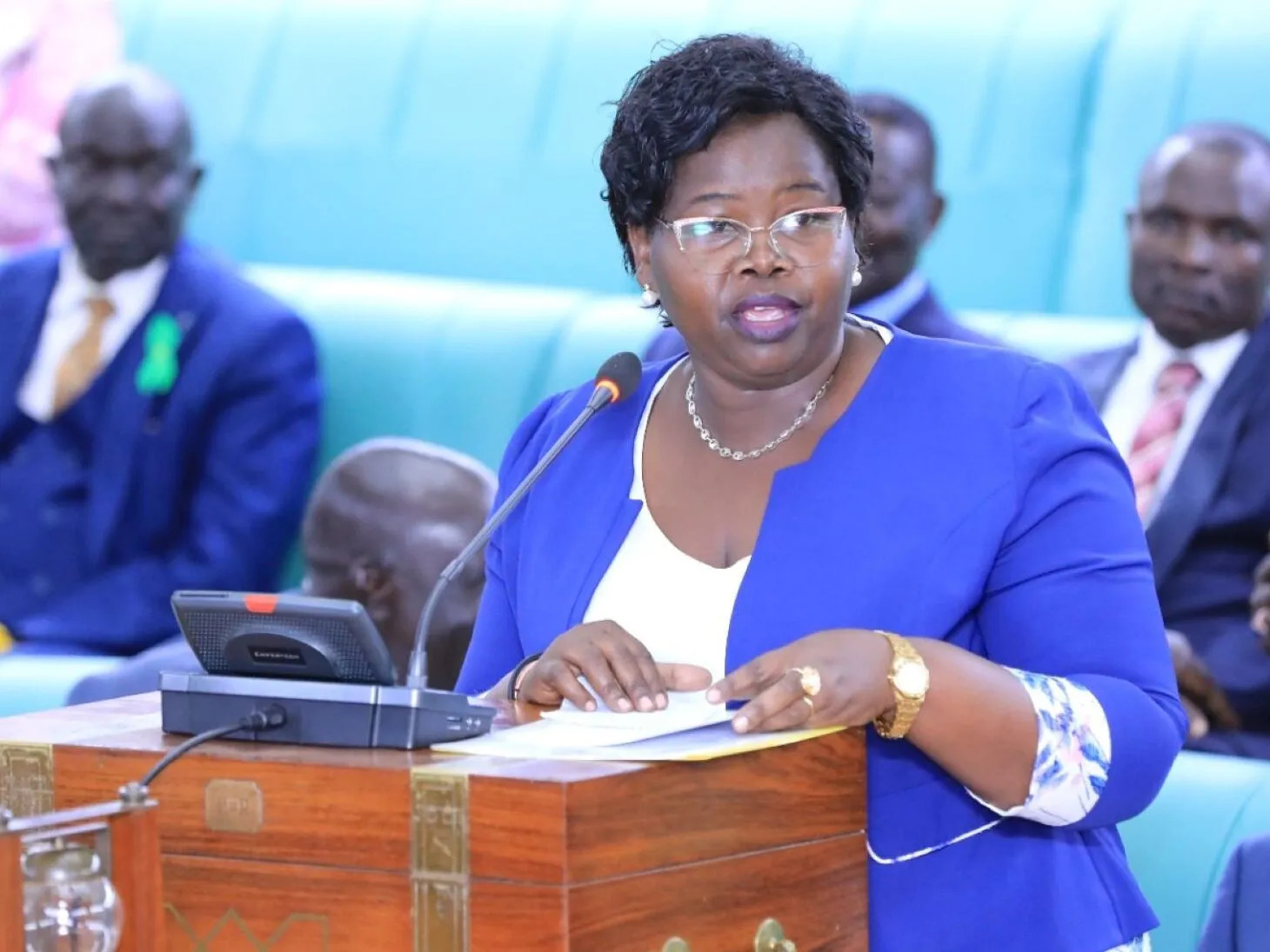Parliament has passed the Political Parties and Other Organizations (Amendment) Bill, introducing new restrictions on the allocation of government funding and public resources to political parties and organizations.
The bill, tabled by Napak District Woman MP Faith Nakut, stipulates that only political parties represented in Parliament and registered as members of the National Consultative Forum will be eligible for government support.
It further assigns new functions to the Inter-Party Organization for Dialogue (IPOD), formalizing it as a permanent organ under the Forum.
According to the bill, parties must demonstrate a commitment to the principles of tolerance, dialogue, and peaceful coexistence to qualify for public funding.
Presenting the bill, Stephen Baka, Chairperson of the Committee on Legal and Parliamentary Affairs, said the amendments are intended to ensure that public funds are accessed only by parties aligned with democratic values and engaged in constructive political dialogue.
He emphasized that participation in IPOD will be a prerequisite for receiving state resources.
Parliament also agreed to institutionalize IPOD, arguing that this move will strengthen the country’s political infrastructure by offering a permanent platform for inter-party dialogue, reducing reliance on foreign mediators, and bolstering mechanisms for early warning and conflict prevention.
Lawmakers expect the changes to foster issue-based competition and promote non-violent political engagement.
However, the bill drew criticism from opposition MPs. Erute South MP Jonathan Odur challenged its constitutionality, warning that turning IPOD into a statutory body could place an unbudgeted financial burden on the Consolidated Fund.
He argued that the certificate of financial implication submitted with the bill does not clearly reflect the projected costs.
In defense of the bill, Attorney General Kiryowa Kiwanuka reassured Parliament that the certificate adequately provides for the required funding.
The bill was passed amid tight security in the chambers, raising concern among some MPs.
Kira Municipality MP Ibrahim Ssemujju Nganda questioned the heavy presence of Special Forces Command (SFC) personnel, claiming their presence created an atmosphere of intimidation during the debate.
The bill now awaits presidential assent before becoming law.
By Francis Lubega
20th May 2025
END

